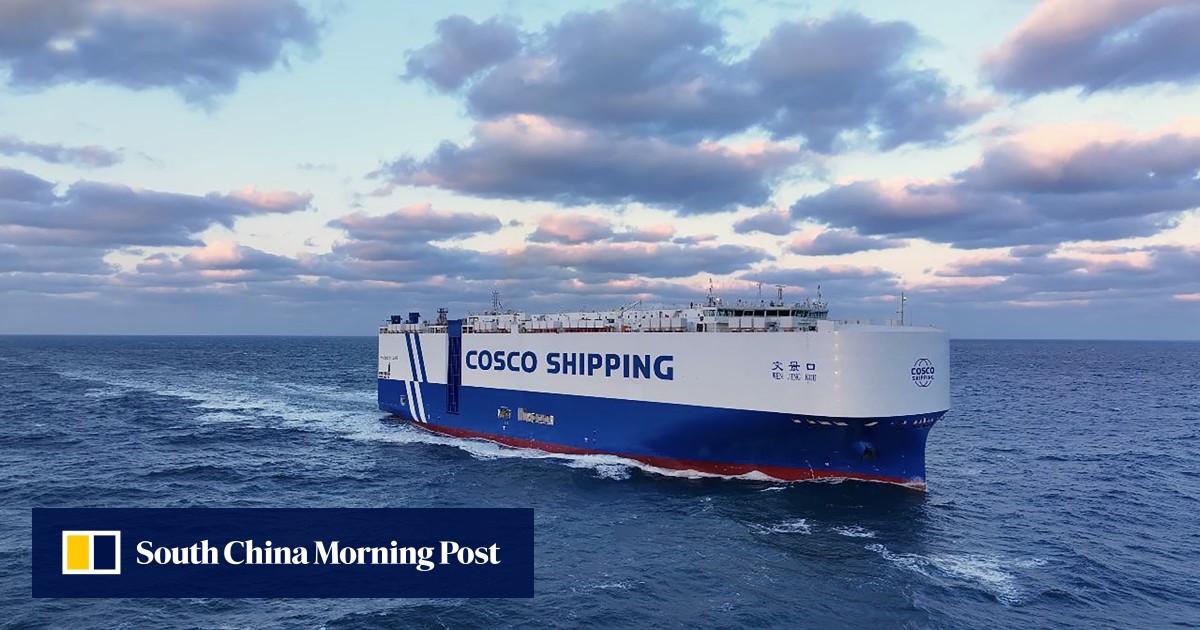
The Storm Brewing Over US Port Fees: A Rising Tide of Opposition
A proposal to levy substantial fees on Chinese-linked vessels entering US ports is generating a maelstrom of controversy, pitting the US government against a powerful coalition of international shipping bodies and industry leaders. The proposed fees, described by some as “extremely disruptive,” are sparking intense debate about their economic implications, potential for trade war escalation, and overall fairness.
The core of the contention lies in the significant financial burden these fees would place on shipping companies, many of whom operate globally and rely on efficient, cost-effective transit through US ports. The impact isn’t limited to Chinese shipping lines; the ripple effect could severely impact global supply chains, potentially raising prices for consumers across various sectors. The interconnected nature of international trade means that even companies not directly involved in Chinese shipping could face increased costs.
Opponents argue that the proposed fees are discriminatory and violate international trade norms. They contend that such targeted tariffs lack justification beyond political maneuvering, potentially exacerbating existing trade tensions between the US and China. The focus on vessels linked to China rather than focusing on broader issues of fair competition within the port infrastructure raises concerns about protectionism.
Industry experts point to the potential for unintended consequences, including a diversion of shipping traffic to alternative ports in other countries, thereby damaging the competitiveness of US ports and potentially undermining American businesses that rely on these vital shipping hubs. The loss of this crucial flow of goods could have serious implications for employment in related industries across the US. This loss could damage the US economy more than originally intended.
Beyond the immediate economic considerations, the proposal’s impact on geopolitical stability cannot be ignored. The move is being viewed as a significant escalation in the ongoing trade disputes between the US and China, fueling concerns of a potential trade war with far-reaching ramifications. It sets a precedent that could embolden other nations to introduce similar protectionist measures, further destabilizing the delicate balance of global trade.
The shipping industry, a crucial component of the global economy, is already grappling with numerous challenges, including fluctuating fuel prices, port congestion, and pandemic-related disruptions. The imposition of these additional fees would place an undue burden on an already strained sector, potentially leading to bankruptcies and job losses. The industry is pleading for a reconsideration, emphasizing the need for collaborative solutions rather than punitive measures.
While the US government argues these fees are necessary for reasons of national security or to address perceived unfair trade practices, the overwhelming opposition from global shipping bodies and industry experts highlights the potential for severe negative repercussions. The coming weeks and months will be crucial in determining whether the US administration will heed the warnings or proceed with a policy that many believe could inflict significant harm on the global economy and exacerbate existing geopolitical tensions. A careful reconsideration of the strategy is essential to ensure a more balanced approach to international trade and a more sustainable future for the global shipping industry.



Leave a Reply